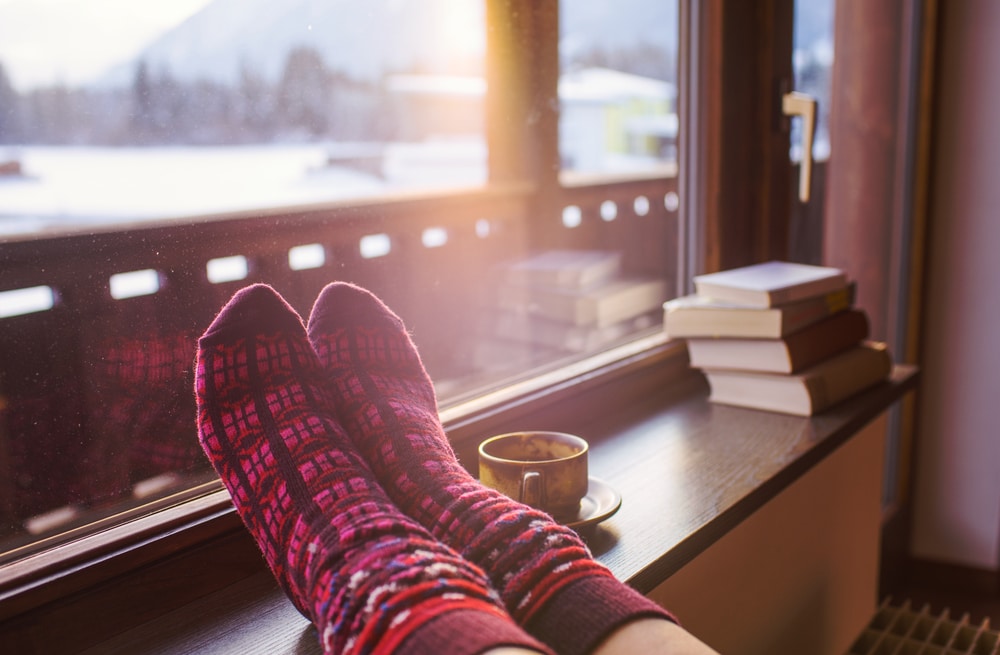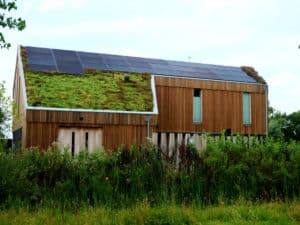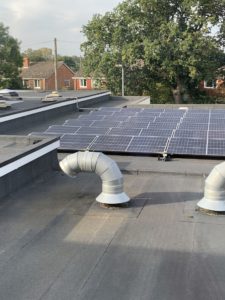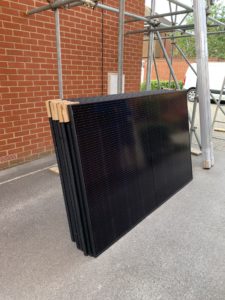As the sun begins to set at 4pm and jack frost makes a brisk entrance, it’s clear that the cold wintery nights are upon us. But, how do we stay warm without electricity?
As we begin to head into the colder months of the year, keeping warm in our home is essential. But, as the energy bills start to rise alongside the energy crisis, a lot of homes are choosing to use less energy; so, knowing how to keep your house warm without gas or electricity is incredibly important for winter 2021.
Power outages are also another aspect to prepare for, however no need to fear as there’s a few things we can do to keep your home comfortable and warm.
How can you stay warm without gas and electricity? There’s a few different things you can do, such as:
- Block up cracks and crevices
- Consider double or triple glazing
- Invest in thick curtains
- Let sunlight in during the day
- Check on the efficiency of your chimney
- Close unused rooms
- Consider solar heating
- Pull out the blankets and layers
- Insulate your whole home
- Set timers on your heating
Of course, we will go into more detail about each avenue and help you decide what to implement into your home.
1 – Block up cracks and crevices.
You might not notice it on a daily basis, but small cracks and crevices around your home’s windows and doors can let in more cold air than you think. We recommend using towels or similar thick materials to block drafts and keep your rooms toasty warm.
2 – Consider double or triple glazing.
Double/triple glazing is a great way to keep heat within your home and reduce noise pollution. Triple glazing will allow you to maintain the temperature in your house by creating a seal that reduces drafts. Not sure whether to get double or triple glazing? Check out our previous blog. Triple glazing | The pros and the cons
3 – Invest in thick curtains (and close them at night).
One way to avoid losing heat through your window during the winter is to invest in a set of heavy, thick curtains that can be closed in the evening, trapping the heat inside.
4 – Let sunlight in during the day.
Keep your blinds and curtains open during the day if you are able to. This will allow sunlight into your home to warm up the rooms naturally. At night, close the blinds to keep the warm air in and stop drafts.
5 – Check on the efficiency of your chimney.
Open fireplaces can be a significant form of heat loss for a home. A chimney without a closed damper or draft excluder can lead to a cold draft and heat loss during winter months. You can stop your chimney from doing things such as closing the damper in your chimney between fires or use a draft excluder for the chimney balloon to seal.
6 – Close unused rooms.
Keeping doors closed of unused rooms will prevent cold air moving into the rest of the house and contain the heat generated in the smaller areas.
7 – Consider solar heating.
Solar heaters are a great way to heat your house without power. Described as panels, these devices use the sun to heat your house. While they are quite expensive, you are able to invest in a single panel and use it to heat the room you are mostly in and your hot water.
8 – Pull out the blankets and layers.
With no power to heat your home, your body can quickly feel the outdoor temperatures and will struggle to stay warm. Layering clothing and using blankets will be one of the easiest ways to ensure you keep warm with no power. Make sure to remember your feet, hands and head as those areas can lose heat quickly! Dressing gowns will become your new best friend.
9 – Insulate the whole of your home as well as possible.
Up to half of the heat in a house can escape through the roof, walls, windows and floor if a building is not insulated. Insulation is the equivalent of putting a big blanket around your house; the walls, roof, floor, windows and doors, helping to maintain the temperature inside at your desired level.
In fact, insulating your loft to a standard depth of 27cm is probably the easiest and most effective way to heat your home and stop air from escaping.
10 – Set timers on your heating.
Setting timers on your heating and hot water will allow you to control when the system turns on and off. This is super handy as it means you can programme your central heating to fit around the way you use your home on a daily basis. If you’re not at home, the heating doesn’t need to be on, saving you a lot of money in energy bills.





















